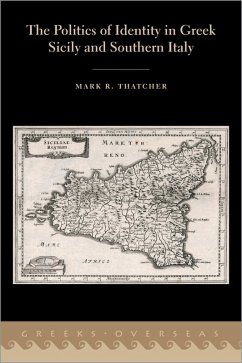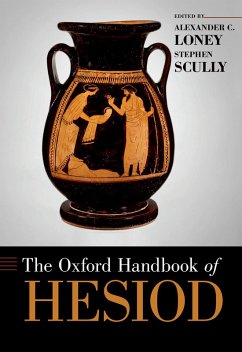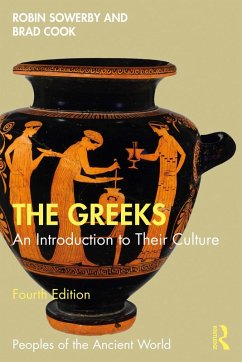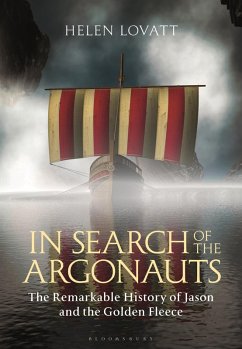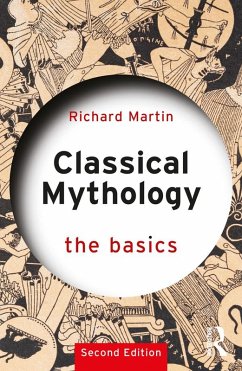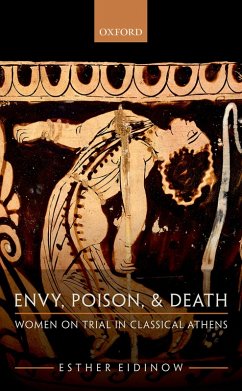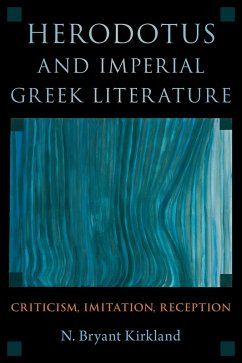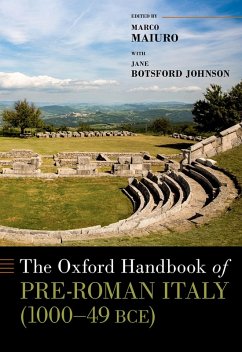
The Anatomy of Myth (eBook, PDF)
The Art of Interpretation from the Presocratics to the Church Fathers

PAYBACK Punkte
5 °P sammeln!
The Anatomy of Myth is a comprehensive study of the different methods of interpreting myths developed by the Greeks, adopted by the Romans, and eventually passed on to Jewish and Christian interpreters of the Bible. Greek thinkers only rarely saw "myth" as a category of thought in its own right. Most often they viewed myths as the creation of poets, or else as an ancient revelation that had been corrupted by them. In the first instance, critics attempted to find in the intention of the authors some deeper truth, whether physical or spiritual; in the second, they deemed it necessary to clear aw...
The Anatomy of Myth is a comprehensive study of the different methods of interpreting myths developed by the Greeks, adopted by the Romans, and eventually passed on to Jewish and Christian interpreters of the Bible. Greek thinkers only rarely saw "myth" as a category of thought in its own right. Most often they viewed myths as the creation of poets, or else as an ancient revelation that had been corrupted by them. In the first instance, critics attempted to find in the intention of the authors some deeper truth, whether physical or spiritual; in the second, they deemed it necessary to clear away poetic falsehoods in order to recapture an ancient revelation. Parallel to the philosophical critiques were the efforts of early historians to explain myths as exaggerated history; myths could be purified by logos (reason) and rendered believable. Practically all of these early methods could be lumped under the term "allegory"--to intend something different from what one expressed. Only occasionally did philosophers veer from a concern for the literal truth of myths but a few thinkers, while acknowledging myths as fictions, defended their value for the examples of good and bad human behavior they offered. These early efforts were invaluable for the development of critical thinking, enabling public criticism of even the most authoritative texts. The Church Fathers took the interpretative methods of their pagan contemporaries and applied them vigorously to their reading of the scriptures. Pagan Greek methods of myth interpretation passed into the Middle Ages and beyond, serving as a perennial defense against the damaging effects of scriptural literalism and fundamentalism.
Dieser Download kann aus rechtlichen Gründen nur mit Rechnungsadresse in A, B, BG, CY, CZ, D, DK, EW, E, FIN, F, GR, HR, H, IRL, I, LT, L, LR, M, NL, PL, P, R, S, SLO, SK ausgeliefert werden.




